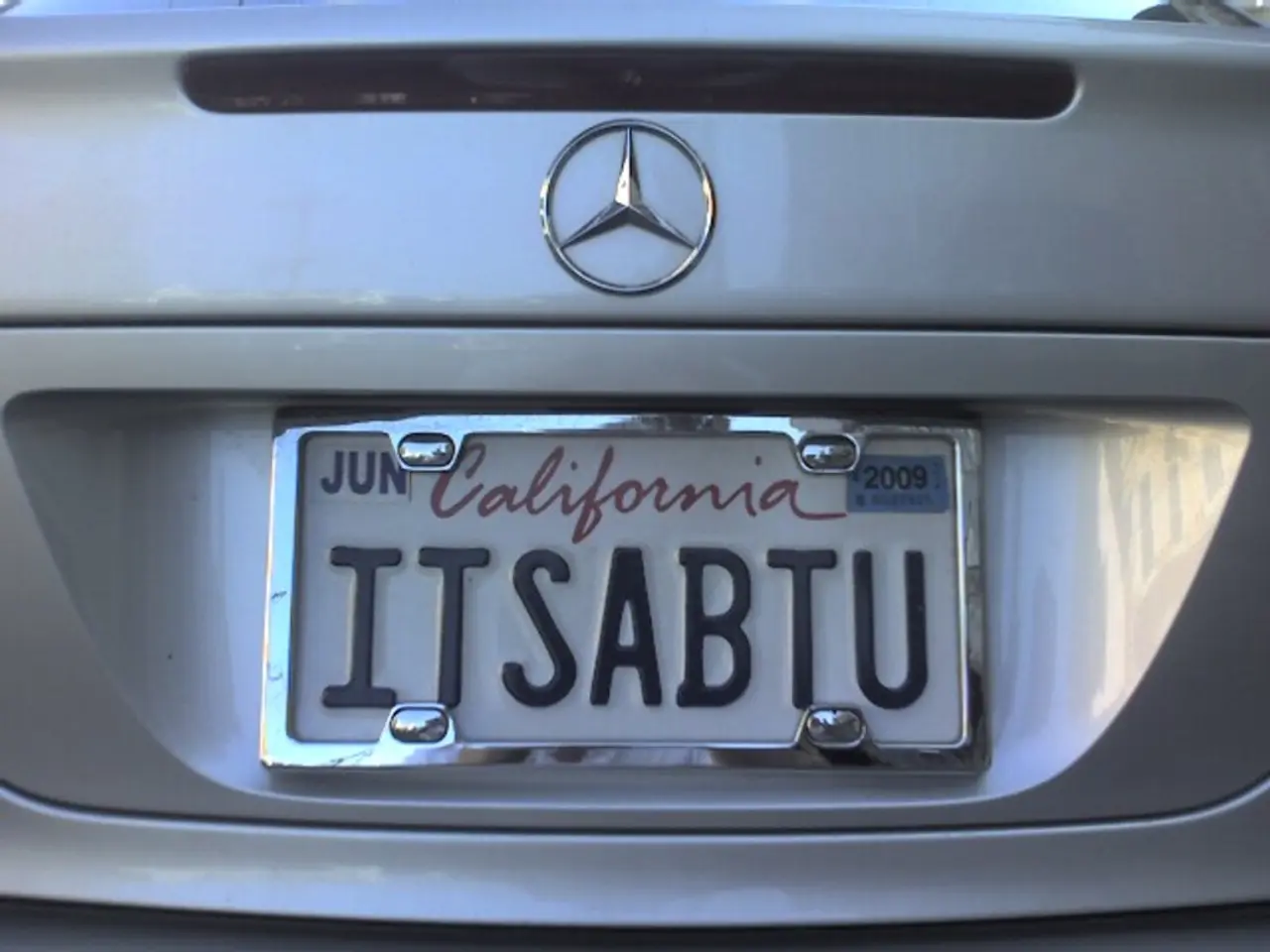Be cautious when purchasing a used vehicle in foreign lands!
Buying a Used Car from the EU: Essential Tips for a Smooth Purchase
When you decide to buy a used car from the EU, there are several factors to consider to ensure a smooth and legal transaction. Here are some tips to help you navigate the process.
Document Verification
One of the most crucial steps is to verify all the necessary documents. You should obtain the vehicle registration certificate, valid inspection stickers such as the German HU or TÜV, and the green emissions sticker if you plan to drive in low-emission zones. It's also essential to request a full maintenance and service history to confirm the vehicle's upkeep and mileage authenticity.
For vehicles purchased via auction or internationally, additional documents like a bill of sale, title transfer documents, export declarations, and possibly a power of attorney for customs clearance processes may be required. To ensure the car's legal status is clear, checks like HPI (UK) or equivalent should be carried out, revealing any write-offs or serious past damage.
Purchase Agreement
A written and signed purchase agreement or receipt is vital. This document should detail the buyer and seller names, vehicle specifics (VIN, mileage, condition), sale price, and date. Having a purchase agreement protects both parties and serves as proof of ownership and transaction terms.
If you're buying from dealers, EU law generally mandates a minimum one-year warranty on used cars covering pre-existing defects, offering buyer protection compared to private sales. Requesting a pre-sale inspection or condition report, especially for auction or grey imports, can help you understand the current vehicle condition and any necessary future repairs.
Financing Considerations
Explore financing options, such as bank loans or dealership credit, and understand the total cost implications, including interest, fees, and exchange rates, if purchasing cross-border. Be aware of ongoing financial responsibilities post-purchase, like annual registration renewal, vehicle taxes based on emissions or engine size, and mandatory insurance coverage required in the destination country.
If you're buying a grey import or non-EU vehicle, anticipate potentially higher insurance premiums, difficulties obtaining warranties, and possible increased maintenance costs due to parts availability.
The COC Papers
The Certificate of Conformity (COC) is required when buying a car abroad in the EU. This document certifies that a vehicle meets all EU standards. Without the COC, there will be major problems at the German registration office. For certain car brands, it is possible to apply for COC papers after a car purchase. In case the COC document is missing, the EUROCOC service allows you to request it directly from the manufacturer.
Witness and Loan Considerations
A witness can also sign the purchase agreement for added legitimacy. If you need financing to complete a car purchase, consider taking out a loan a few weeks before the purchase. This can allow you to appear as a cash buyer during negotiations, potentially securing a better deal. However, be mindful of taking advantage of free loan offers beforehand to avoid signing a loan agreement written in a foreign language.
In conclusion, thorough document verification, a clear written purchase agreement, and careful planning of financing, including both the purchase and ongoing ownership costs, are essential when buying a used car from the EU. Keep in mind national compliance rules and registration duties to avoid legal complications driving abroad after the purchase.
When considering electric vehicles, you might need to research charging infrastructure compatibility in your destination country as part of your research.
If you're buying a used car advertised as a home-and-garden project, it may require additional maintenance costs and lifestyle adjustments to bring it back to roadworthy standards.
To broaden your options, you could expand your search to include cars from various lifestyle categories, such as home-and-garden, cars, car-maintenance, and electric-vehicles, in addition to the conventional used cars you initially planned to buy.





